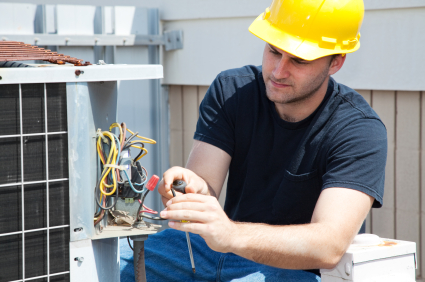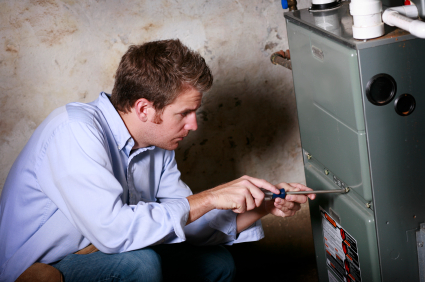Homeowners are increasingly looking for ways to add energy efficiency to their home and reduce their monthly energy bills. Many eco-friendly home improvements can pay for themselves over time, so they are often seen as a wise investment. Home Heat Recovery Systems give homeowners the chance to radically reduce their heating bill with only a small initial investment. Here we are going to take a quick look at the benefits of installing a Home Heat Recovery System.
They Offer Total Heating for Your Home
Home Heat Recovery Systems heat the air in your home and circulate it through every room. Heating the air ensures an even temperature throughout the house, no more cold spots or rooms to avoid on a cold day. By removing stale air and drawing in fresh air from the outdoors, it removes the need to open a window or door to let fresh air in as your air is always fresh. The system heats any fresh air it adds to your home before it enters circulation, to ensure the temperature is efficiently maintained throughout the house.
They Clean and Filter Your Air
Air quality is a concern for many homeowners, whether from pollen, local air pollution, or from humidity or carbon monoxide. A high-quality Home Heat Recovery System has air filters and dehumidifying cells as a part of its construction. As the system circulates air through your home it is scrubbed for irritants and particles; it is also dehumidified to reduce mould and condensation build up in your home. This can be of particular benefit to Asthma sufferers and people with Chronic Obstructive Pulmonary Disease (COPD).
They Can Drastically Reduce Energy Bills
When installed in a well-insulated home, the energy savings a Home Heat Recovery System can bring can be quite staggering. By keeping close control over your home’s airflow and heating it only when needed, some users have experienced double-digit drops in their heating bill. It is important to find a reputable and experienced supplier to assist you in finding the right system for your home to help maximise the savings. A BPC Ventilation system is one of the industry leaders. They can source the best components to suit the needs of your home and offer excellent advice on fitting an HHR system. Finding the right supplier can be the difference between your home heating dreams and a costly nightmare.
Home Heat Recovery Systems bring consistent warmth to your home at a reduced cost. After just a short while the savings they bring you will offset the cost of your investment, so in the end, they pay for themselves! Every year, energy prices increase, and governments put more pressure on homeowners to reduce their carbon footprints. With a Home Heat Recovery System, it is possible to future proof your home by reducing your energy costs and consumption now, before any more price increases or costly regulations make heating your home too expensive.
Tags: eco-friendly, energy efficiency, heating, home improvement


